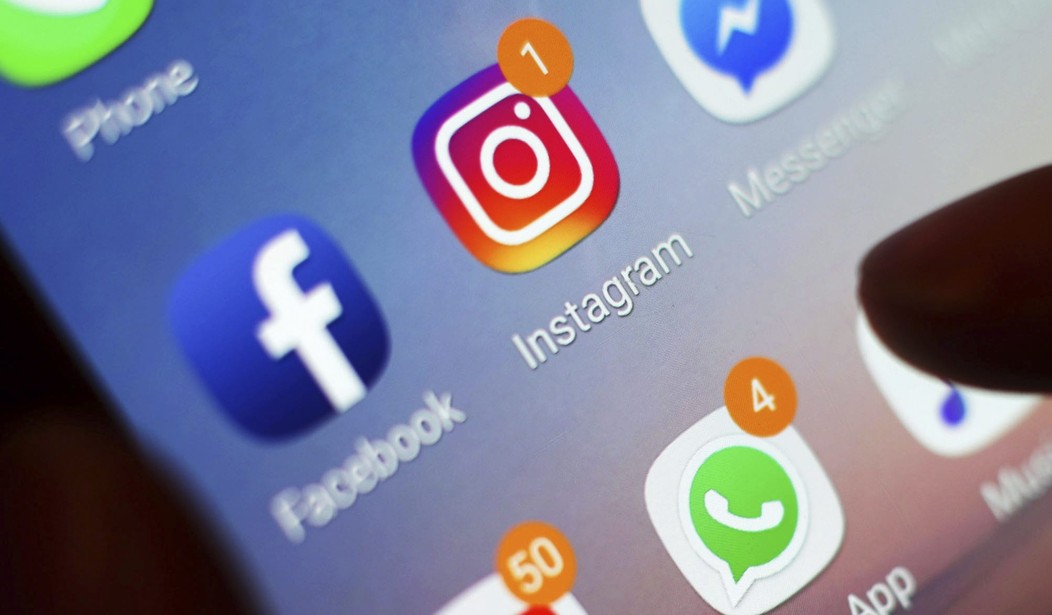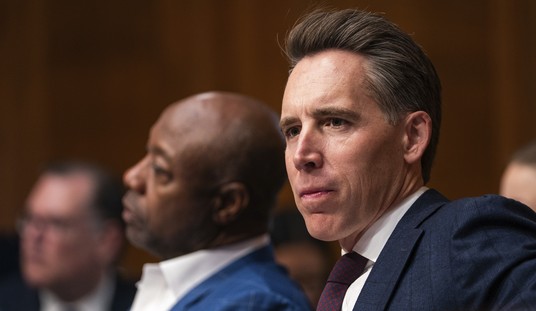Facebook may still be the 800-pound gorilla on the social media block, but that isn’t providing the platform with any kind of immunity from bad publicity. Mark Zuckerberg’s money maker has been getting the side-eye from almost everyone since the 2016 election.
The negativity surrounding Facebook has gotten so bad that a co-founder of the site recently wrote an op-ed for The New York Times calling for its breakup.
Many who disagreed with that sentiment still believe that Facebook should be punished for a variety of things.
There is now a new twist on the awfulness that is Facebook:
Scammers are using Facebook to run a 'terrorist donation' scheme https://t.co/zj55XqOo3Z pic.twitter.com/uESOXoJ3Be
— New York Post (@nypost) May 21, 2019
According to a new warning from the Department of Homeland Security’s Office of the Inspector General, the scammers make contact through a messaging app or even Words with Friends and sometimes fake a romantic interest. Eventually, the scammer makes up a story about financial hardship and asks for money.
The day after the victim sends the money, they receive a phone call from the fraudster who poses as a law enforcement official — often spoofing the caller ID of a legitimate agency such as DHS.
The caller tells the victim that they gave money to a criminal enterprise or terrorist group the day before, such as the Islamic State or Al Qaeda and threatens them with imprisonment.
That is just the setup. The full Department of Homeland Security warning can be read here. It explains part three of this scam:
They then direct the victim to contact a “lawyer” who can help them resolve the matter. The victim contacts the “lawyer” via email or phone and is instructed to pay them $1,000 or more via check, wire transfer, or other methods as a “retainer.”
DHS makes clear that “Legitimate law enforcement callers will never ask you to pay fines over the phone or request money” from anyone.
As someone who has been deeply involved with social media for a very long time (in social media years, anyway), I’ve found that the best approach is to completely ignore any private messages from people one doesn’t recognize. If people really want to get in touch with you for something legitimate, they will find a way.









Join the conversation as a VIP Member